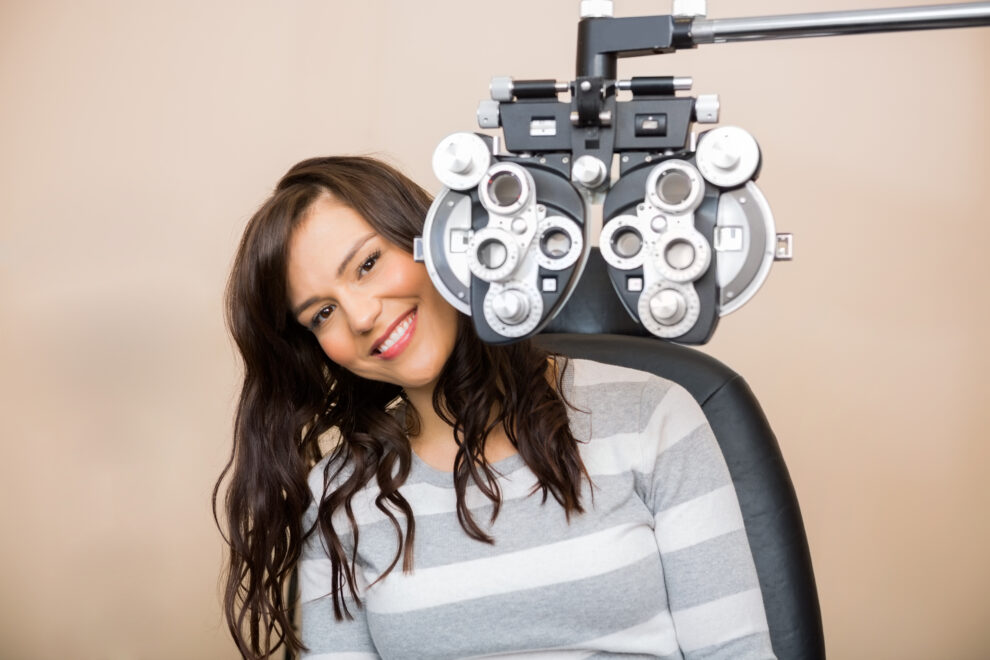Comprehensive Eye Exam

Eye Exam in Pittsburgh
North Park Ophthalmology has compassionately provided the Pittsburgh area with quality, patient-first eye care. The eye doctors at North Park Ophthalmology recognize eyes as indicators of overall health and use the latest technology to conduct accurate, thorough eye exams and vision testing. Our board-certified ophthalmologists have decades of experience customizing care plans for patients of all ages based on their individual needs.
Pittsburgh’s Premier Eye Doctors
Eye Exam and Vision Testing
Our dedicated team of providers has decades of clinical experience administering routine and comprehensive eye exams. We pride ourselves on treating every patient like family and are gladly accepting new patients. Since 1969, we have faithfully served the Greater Pittsburgh population, ensuring healthy vision in patients across all age groups. We believe that everyone equally deserves quality, compassionate eye care. You can put your ‘comprehensive eye exam near me’ searches to rest when you become a patient at North Park Ophthalmology. Call or book an appointment online today to get started!
What is a Comprehensive Eye Exam?
A comprehensive eye exam is different from a regular vision test because it involves special equipment and procedures. A medical eye exam typically includes the following types of tests:

Common Vision Conditions
What is Nearsightedness?
Nearsightedness, also called myopia, is a common vision condition where close objects appear clearly, but objects farther away appear blurry. With nearsightedness, light entering the eye focuses in front of the retina rather than directly on it. This causes distant objects to look blurred. Those with nearsightedness often need to wear glasses or contacts to see well enough to perform their everyday tasks. Without visual aids, those with nearsightedness may struggle to see the TV screen or street signs while driving.
What is Farsightedness?
Farsightedness, also called hyperopia, is a common vision condition where distant objects appear clear, but close objects are blurry. With hyperopia, light entering the eye focuses behind the retina rather than directly on it when looking at close objects. While farsightedness might not affect vision much during childhood, it usually becomes more noticeable in the teenage years and leads to eye strain and blurry near vision in adults. Farsightedness is also typically corrected with visual aids like glasses and contact lenses.
What is Astigmatism?
Astigmatism is a common vision condition that can cause blurred vision at multiple distances. With astigmatism, the front surface of the eye or the lens inside the eye has slight irregular curvatures, preventing light from properly focusing on the retina. Instead of a single focal point, there are multiple, which results in distorted and blurred vision. Astigmatism often occurs with nearsightedness or farsightedness and is usually corrected with prescription glasses or contact lenses to refocus light correctly onto the retina.
Frequently Asked Questions
Call or book an appointment online today to get started!





